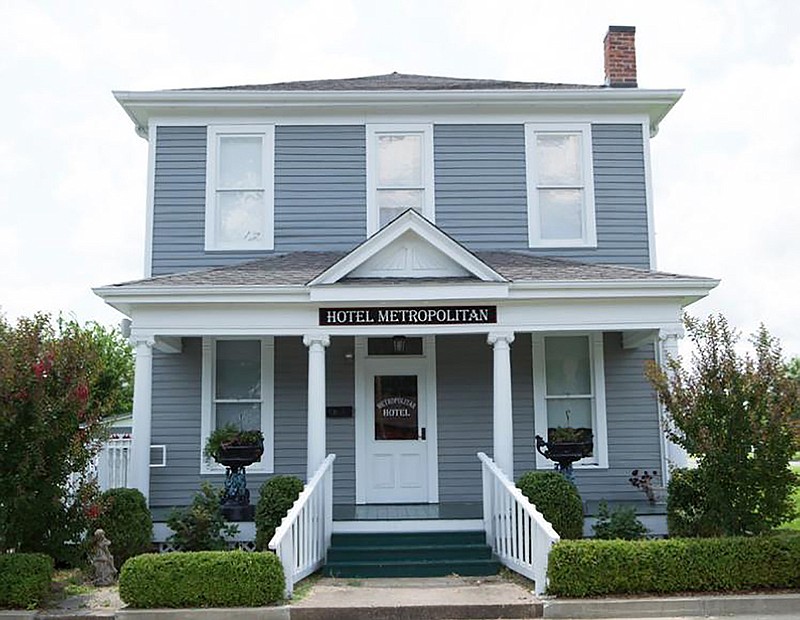Kentucky has received $150,000 in federal funding to help preserve three important African American historical sites in the state.
The grants were provided from the National Trust for Historic Preservation's African American Cultural Heritage Action Fund, which gave out 40 grants with more than $3 million total to help preserve sites around the country, including the three in Kentucky. This newest disbursement is the largest in the fund's four-year history.
Each historic site will receive $50,000 each to continue its preservation. Cherokee State Park, located in Kenlake State Resort Park in Hardin was the first segregated state park and recreational site for African Americans in the south. It operated from 1951 to 1964 and lay abandoned until 2002. Today, it's a site used for recreation and weddings. Funding at this site will be used for signage and programming.
Hotel Metropolitan in Paducah was opened by Maggie Steed in 1909 and became a hotel for African Americans when lodging was still segregated. Here, the hotel welcomed famous people like Ella Fitzgerald, Duke Ellington and U.S. Supreme Court Justice Thurgood Marshall. The hotel will restore its Purple Room with the money.
The third Kentucky historic site is the Palmer Pharmacy Building in Lexington, created by African American pharmacist Dr. Zirl A. Palmer in 1961. He was the third African American to own and operate a pharmacy in the city. The Blue Grass Trust for Historic Preservation has received the money and will create a business plan to reuse the historic building while preserving its past.
"The recipients of this funding exemplify centuries of African American resilience, activism, and achievement. Some of their stories are known, and some are yet untold. Together they help document the true, complex history of our nation," Leggs said. "By preserving these places and telling their stories, preservationists can help craft a more accurate American identity and inspire a commitment to justice."
Distributed by Tribune Content Agency

